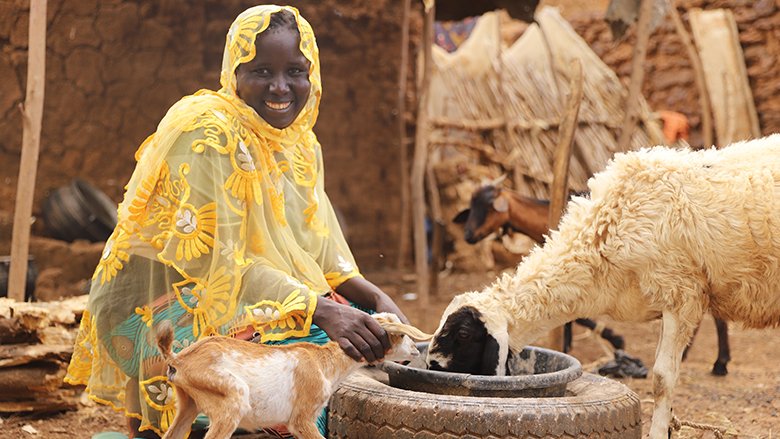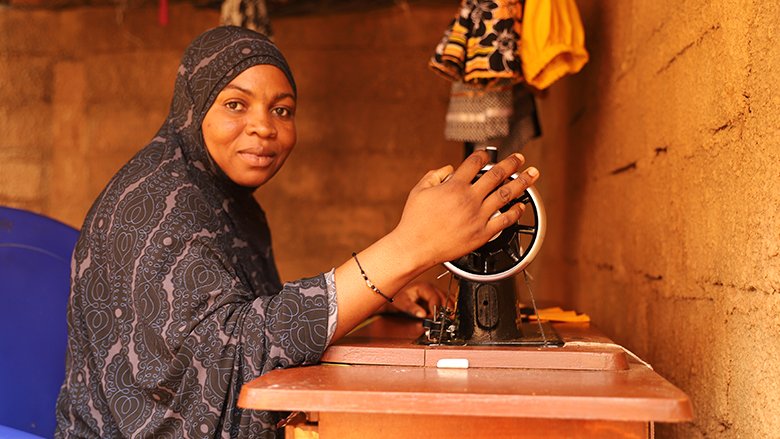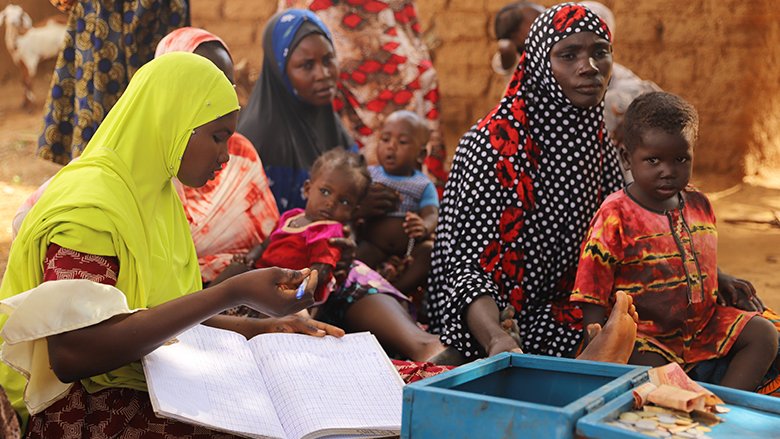Mina Abdou speaks with passion about her children. "All the sacrifices I make are for their well-being and development. My husband and I did not have the chance to go to school. But I would like my children to go far in school and be useful to our community. This is my most ardent wish, " she said.
Mina, 25, is a member of the community of Guidan Rana, located about 430 kilometers from the Niger capital, in the Tahoua region. A mother of three, she is very involved in the education of her children. Like the local population, her family lives by farming and raising livestock.
Mina's family and other community members have faced many challenges, including access to health, education, and food. In recent years these challenges have been exacerbated by disastrous agricultural seasons due to erratic weather patterns. This has severely hampered the development of the village, causing a high level of youth migration to Nigeria, Cote d’Ivoire, and Libya.
Faced with these challenges, Mina took matters into her own hands, not only to help her husband who struggles to make ends meet, but also to ensure the best possible development for her children. "My husband is a brave man. He does what he can to provide for the family, but it is almost impossible. That's why I set up activities that could earn money even before I turned 20," said Mina.
Mina started with a small business, namely millet balls, a common dish eaten by Nigeriens who call it "Foura" in Hausa, her native language and the most spoken in Niger. Gradually, she developed other activities, in particular market gardening and goat fattening. "I was doing several small businesses, but the results weren't consistent as I was not well organized," she said.
However, since the implementation of the World Bank-funded Youth Employment and Productive Inclusion Project in Guidan Rana, Mina’s ambitions have taken on a different scale.



